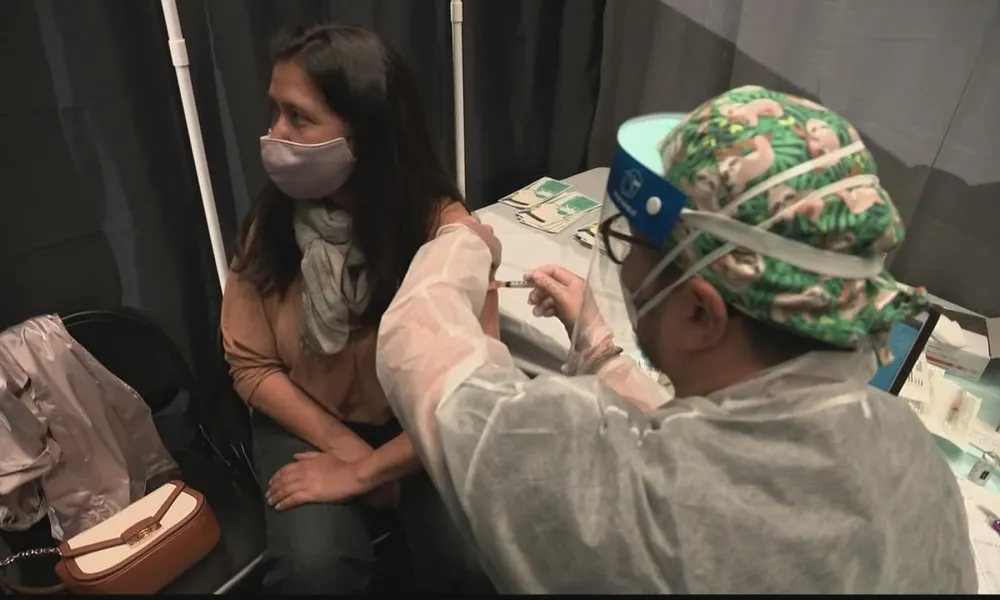Accountability
Uninsured Americans will no longer receive free COVID treatments or testing

Many uninsured Americans will soon be required to pay for COVID-19 treatments and testing after a federal program that reimbursed providers for virus-related care to expire this week.
The White House said it will end the reimbursement program, which was set up in March 2020 under then-President Trump, because it has exhausted its funding. Money from the program went toward paying hospitals and other health care providers for the treatment, testing and vaccination of those without insurance, regardless of immigration status.
“Providers will no longer be able to submit claims for providing these services to uninsured individuals, forcing providers to either absorb the cost or turn away people who are uninsured, increasing the disparity in access to critically needed health care and putting additional burdens on safety net providers,” the White House said in a statement last week.
A separate program, the HRSA COVID-19 Coverage Assistance Fund, is available to reimburse providers for COVID-19 vaccine administration to underinsured individuals whose health plan either does not include COVID-19 vaccination as a covered benefit or covers COVID-19 vaccine administration but with cost-sharing.
But the program stopped accepting claims submitted after 11:59 p.m. Tuesday for COVID-19 testing or treatment “due to lack of sufficient funds,” according to the HRSA website. At 11:59 p.m. EST on April 5, the Uninsured Program will also stop accepting vaccination claims.
The cost of a COVID-19 test varies depending on the type. Most pharmacies have provided no-cost PCR tests to those with or without insurance. The cost of a voluntary PCR COVID-19 test, one that is not covered by insurance, is $139 at CVS, which includes $39 for services provided by MinuteClinic or CVS Pharmacy and $100 for the lab services, according to the retail pharmacy’s website.
Desert Healthcare District and Foundation CEO Dr. Conrado Bárzaga said at Tuesday’s board meeting the change is “worrisome” and will “have an impact on our population.”
-

 Civilization4 days ago
Civilization4 days agoWhy Europe Shouldn’t Be Upset at Trump’s Venezuelan Actions
-

 Christianity Today4 days ago
Christianity Today4 days agoSurprising Revival: Gen Z Men & Highly Educated Lead Return to Religion
-

 Executive5 days ago
Executive5 days agoWaste of the Day: Can You Hear Me Now?
-

 Civilization2 days ago
Civilization2 days agoTariffs, the Supreme Court, and the Andrew Jackson Gambit
-

 Civilization2 days ago
Civilization2 days agoWhy Europe’s Institutional Status Quo is Now a Security Risk
-

 Civilization3 days ago
Civilization3 days agoDeporting Censorship: US Targets UK Government Ally Over Free Speech
-

 Executive3 days ago
Executive3 days agoWaste of the Day: Wire Fraud, Conflicts of Interest in Connecticut
-

 Education4 days ago
Education4 days agoWaste of the Day: Throwback Thursday – The Story of Robosquirrel

